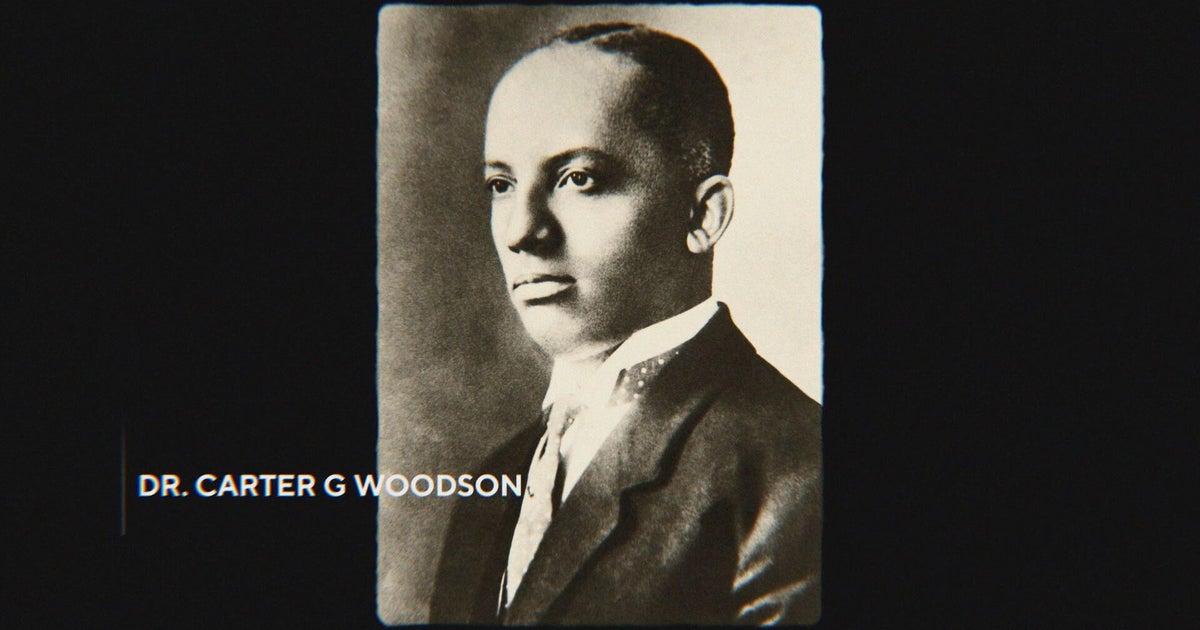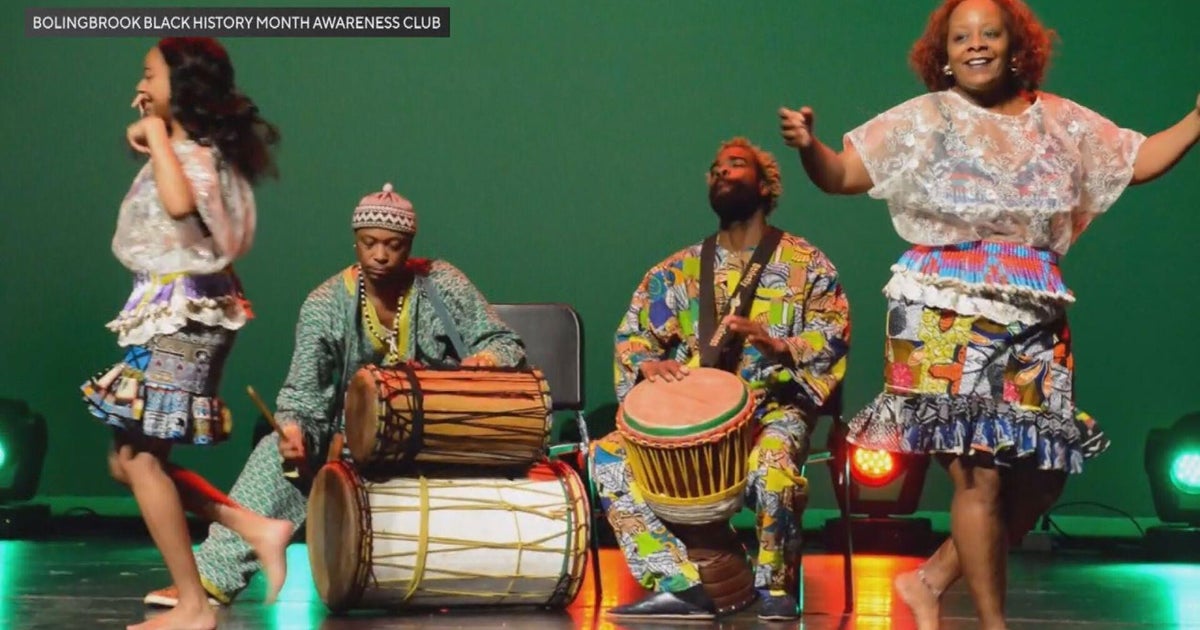Good Question: What Is The Story Of Passover?
MINNEAPOLIS (WCCO) -- Monday was the first night of Passover, an important Jewish holiday that celebrates liberation from slavery and freedom. The seven-day (or eight-day, depending on a person's denomination of Judaism and where they celebrate in the world) always starts on the 15th of the month of Nissan in the Jewish calendar.
But, what is the history behind Passover? Good Question.
"Passover is a holiday that celebrates and commemorates the coming out of Egypt of the ancient Israelite people," says Rabbi Sim Glaser of Temple Israel in Minneapolis. "It's easily recognized as Jewish holiday of great importance."
Thousands of years ago, the Israelites were slaves in Egypt. God helped them escape by inflicting the 10 plagues on the Egyptian people after the Pharaoh denied Moses's attempt to free the Israelites.
"Interestingly, Moses is not mentioned much during this holiday because it's God who gets the credit for redeeming us and taking us the freedom, but Moses is the hero, the hero in the Bible story and the one who stands up to the Pharaoh," says Rabbi Glaser.
The final plague of the 10 inflicted on the Egyptian people was the killing of their first born and the one that ultimately made the Pharaoh let the Israelites go. The Israelites were spared because they were told to put the blood of a sacrificial lamb on their doorpost, so the Angel of Death, or God, would pass over them.
The Israelites left so quickly they didn't even have time to let their bread rise. For that reason, many Jews don't eat leavened bread during the seven (or eight days) of Passover. Rather, some eat unleavened bread or matzah.
During the first (and sometimes second night) of Passover, people celebrate with a Seder dinner. It's a way to teach children and adults about Passover. People eat specific foods as symbols, including bitter herb to symbolize the harshness of slavery or a mixture of fruit and nuts to symbolize the mortar used by the slaves in Egypt.







